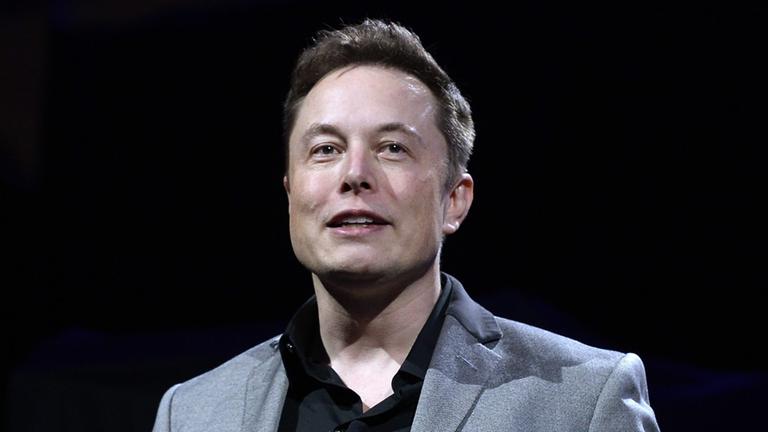
Elon Musk's recent social media posts referencing "D.O.G.E." have sparked discussions about his impact on Dogecoin (DOGE).
A recent tweet mentioning the "Department of Government Efficiency (D.O.G.E.)" caused a brief surge in DOGE's value, despite Musk's reference being related to a political project rather than the cryptocurrency. This has led to speculation about Musk's intentional influence on DOGE's price.
Musk has a history of influencing DOGE's price through tweets. In September, a similar tweet referencing "D.O.G.E." led to a short-lived price increase.
Critics argue that Musk's ambiguous language, referencing Dogecoin-related themes without directly discussing the cryptocurrency, may give him plausible deniability while still affecting its market value.
This debate has escalated with a class-action lawsuit accusing Musk of fraud and insider trading. Investors allege that Musk has intentionally used his social media influence to inflate DOGE's value since 2021. They claim his posts are not coincidental but part of a deliberate strategy to manipulate the market for personal gain.
Supporters counter that Musk's interest in Dogecoin could be driven by his fondness for internet memes rather than market manipulation. They note that the Doge meme predates Musk's involvement with the cryptocurrency, suggesting his posts might be motivated by humor rather than financial motives.
Legal and ethical questions about Musk's influence persist, especially as the lawsuit unfolds. If his actions are influencing the market, critics argue that his use of terms like "D.O.G.E." could shield him from accountability.
This controversy highlights the complexities of social media's impact on cryptocurrency markets and the potential for individuals with large platforms to influence digital asset prices.
As Musk's legal battle continues, the crypto community awaits the implications of his influence and how regulators might address similar cases in the future.


 Crypto Front News
Crypto Front News DogeHome
DogeHome Optimisus
Optimisus BlockchainReporter
BlockchainReporter CryptoPotato_News
CryptoPotato_News






















